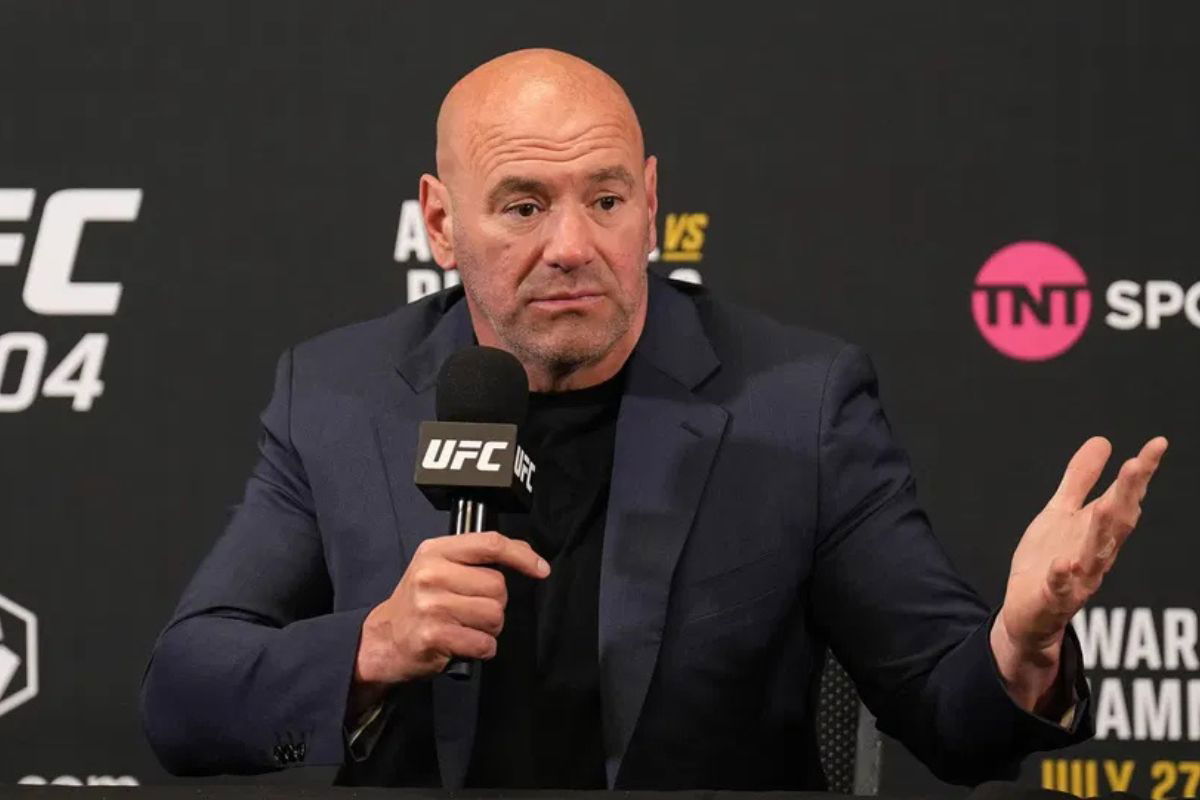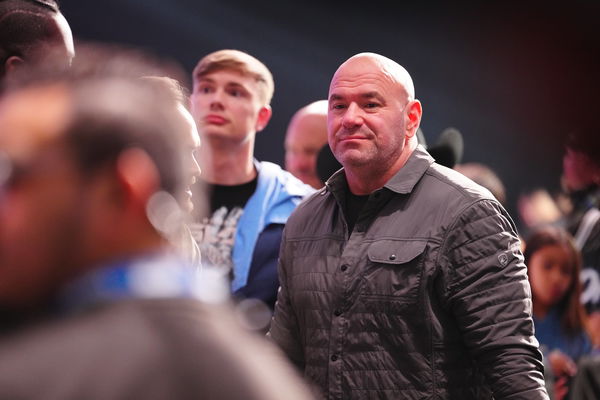
Imago
Credits: IMAGO

Imago
Credits: IMAGO
Heading into the UFC Fight Night: Whittaker vs de Ridder preliminary featherweight bout, Steven Nguyen was already the favorite. With a 10-2 record, he had proven his striking volume could be dangerous, something Mohammed Yahya knows all too well now. From the opening bell, Nguyen pressed forward with powerful combinations, forcing the former UAE Warriors fighter onto the defensive. Yahya’s attempted jumping knee proved costly, as Nguyen repeatedly countered with sharp, precise shots. And that was only the first round.
Watch What’s Trending Now!
By the time the second round began, Mohammad Yahya was already in his corner nursing a damaged eye. Still, the doctor, referee, and even his corner allowed the fight to continue. Steven Nguyen resumed his relentless attack, keeping Yahya off balance as the swelling worsened. By the end of the round, the eye was completely shut, prompting referee Jason Herzog to mercifully wave it off at 5:00 in the second round, awarding Nguyen a TKO. Although post-fight scans confirmed Yahya suffered no fractures or permanent damage, the visuals told a harsher story — one of punishment that arguably went on far too long.
ADVERTISEMENT
Ultimately, referee Jason Herzog, widely regarded as one of the best in the sport, found himself at the center of controversy after UFC Fight Night, with many questioning his hesitation to stop the fight sooner. “We talked to Herzog after,” UFC executive Dave Shaw explained. “He pointed to moments where Yahya looked like he was back in it. But yeah, there’s a solid argument that it could’ve been stopped earlier.” Still, the damage had already been done, and Dana White now found himself under fire over the handling of the bout.
Just hours ago, Ariel Helwani sat down with CSAC Executive Director Andy Foster on his podcast, where the veteran journalist shared his belief that the first round should have been scored a 10-8. Helwani noted the record number of knockdowns and the sheer amount of damage sustained. Referring to the recent judging clarifications, though avoiding the term “rule changes,” he asked Foster whether the round could, or should, have been scored differently. “Would that be perhaps even a 10-7?” he pressed.
ADVERTISEMENT
Foster didn’t hold back, pointing to a significant oversight that put local hero Mohammad Yahya’s career at risk. “Should have been a 10-7 under the current criteria,” Foster admitted. “We’re not really changing anything, but yes, it’ll make it easier for judges to understand what to score. And the hope is it’ll be easier for the public and the commentators to understand as well.”
ADVERTISEMENT

Imago
PowerSlap 12 LAS VEGAS, NV – MARCH 7, 2025 : Dana White with the fans at Fontaine Bleu for PowerSlap 12 on March 7, 2025 in Las Vegas, NV, United States. Photo by Louis Grasse/PXimages Las Vegas, NV Fontaine Bleu LAS VEGAS, NV United States Copyright: xLouisxGrassex
In the end, as the 12-6 fighter suffered a badly swollen eye before Herzog finally waved off the fight in the third round, the brutal damage and prolonged punishment sparked an intense debate about fighter safety and whether officiating standards had failed in this instance. As criticism mounted, Herzog faced backlash from fans and fighters alike, and one of the loudest voices calling him out came from a veteran sports commentator.
ADVERTISEMENT
Jon Anik can’t wrap his head around Mohammad Yahya’s injury
Though post-fight scans revealed that Mohammad Yahya had no fractures or lasting injuries, Jon Anik was far from impressed with how referee Jason Herzog handled the bout. According to Anik, the fight should have been stopped earlier to spare the fighter unnecessary punishment. He took to X and wrote, “Prepping @AnikFlorianPod (live at 11 AM ET) and just now seeing this Steven Nguyen v. Mohammad Yahya fight. What exactly are we doing in the form of fighter safety? If Yahya rallies, the end still doesn’t justify the means. Stop the fight. No fracture doesn’t mean no permanent damage!”
However, Din Thomas wasn’t convinced by the wave of criticism aimed at Herzog. In his view, allowing the fight to continue gave Mohammad Yahya a chance to work his way back in. Speaking to Mike Bohn, Thomas explained, “But this is a situation where we’re dealing with a guy who was fighting in his home country, his area. He probably went to school two miles from there. You know what I am saying? Everybody was there to see him fight. He’s got no wins in the UFC. Probably on the verge of getting cut. He was trying to fight his heart out. So, I was okay with this.”
ADVERTISEMENT
Thomas also noted that referees have been under heavy scrutiny lately, regardless of their calls. In his view, officials should be left to do their jobs without constant second-guessing, as they have a better understanding of the situations inside the cage than most outside observers. But, what are your thoughts on the situation?
ADVERTISEMENT
ADVERTISEMENT
ADVERTISEMENT